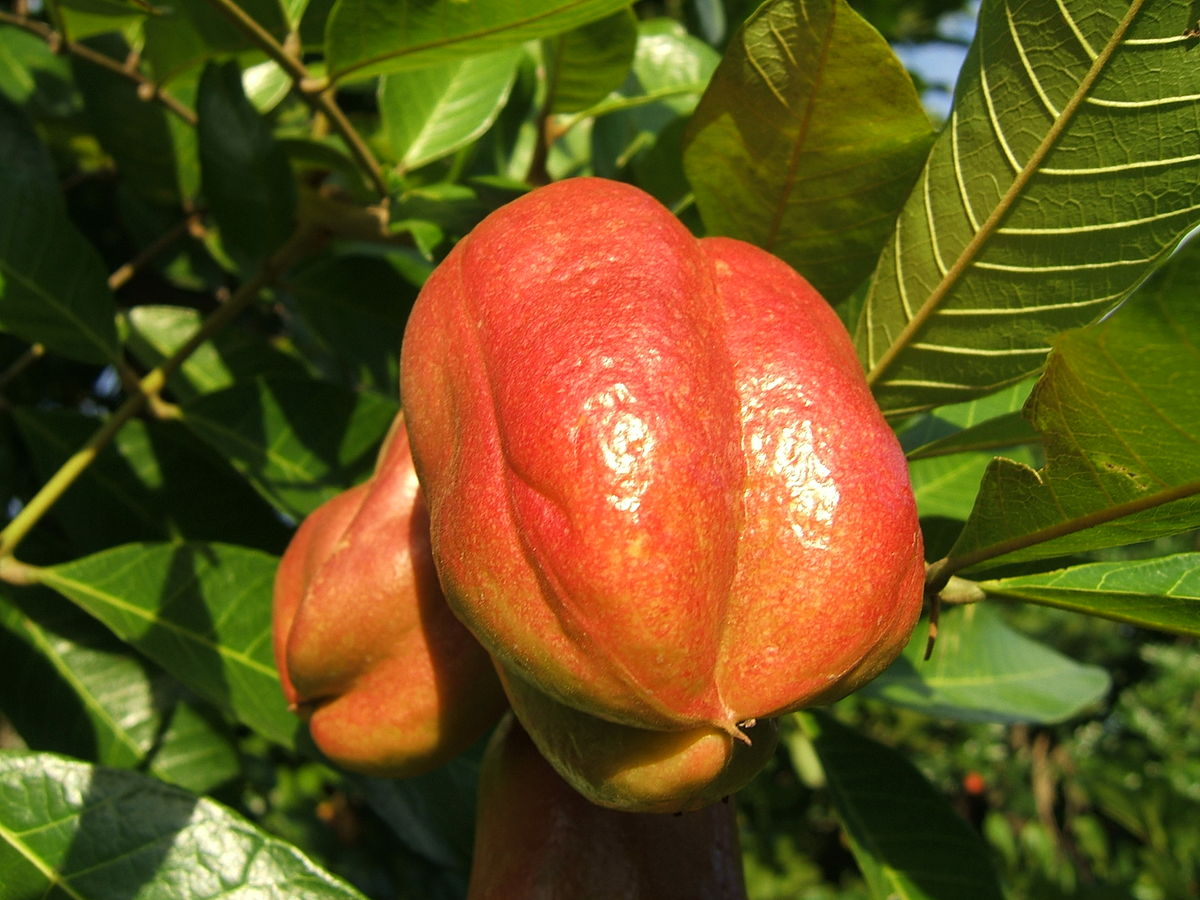Ackee - Jamaica National Fruit
Fruit Information

Culturally, Ackee holds special meaning within Jamaica society, often featuring in traditional celebrations, culinary preparations and cultural practices passed down through generations. The fruit's designation as a national symbol reflects its deep integration into the country's identity and heritage. Modern applications continue to evolve while maintaining respect for traditional uses and cultural significance, ensuring that Ackee remains an important part of the nation's agricultural and cultural landscape.
| Fruit Name | Ackee |
| Scientific Name | Blighia Sapida |
| Country | Jamaica |
| Continent | North America |
| Fruit Season | Spring-Summer |
| Fruit Color | Red-Yellow |
| Fruit Size | Medium |
| Fruit Taste | Mild-Nutty |
| Fruit Origin Region | West Africa |
| Designation Year | 1962 |
| Peak Month | January-March |
| Economic Importance | National Dish Component |
| Cultural Use | National cuisine, Cultural identity |
| Processing Type | Cooked, Canned, Traditional dishes |
| Fruit Shape | Pear-shaped pod |
| Texture | Creamy when cooked |
| Nutritional Value | Protein, Healthy fats, Vitamin A |
| Storage Type | Must be properly ripened |
| Harvest Method | Natural opening harvest |
| Shelf Life | 2-3 days after opening |
| Climate Type | Tropical |
| Soil Type | Well-drained fertile |
| Water Requirement | Regular |
| Tree Height | 12-15 meters |
| Flowering Season | February-April |
| Fruiting Age | 3-6 years |
| Yield Per Tree | 100-300 pods |
| Export Countries | Jamaica, Ghana |
| Import Countries | USA, UK, Canada |
| Medicinal Use | Traditional protein source |
| Festival Association | Jamaican culture, Independence Day |
| Historical Significance | National fruit, cultural symbol |
| Alternative Names | Aki, Vegetable Brain |
Detailed Information
Cultivation & Origin
The cultivation of Ackee in Jamaica reflects the country's suitable climate conditions and agricultural expertise developed over generations. Local farmers have perfected growing techniques that maximize both yield and quality, ensuring that this fruit meets the nutritional needs of the population while also contributing to the local economy. The fruit's adaptation to local growing conditions demonstrates the harmony between agricultural practices and environmental factors.
Nutritional Benefits
From a nutritional perspective, Ackee offers a rich array of vitamins, minerals and bioactive compounds that support overall health and wellness. The fruit contains essential nutrients that contribute to immune system function, digestive health and provide natural energy sources. Regular consumption of Ackee as part of a balanced diet can contribute to meeting daily nutritional requirements and supporting long-term health goals.
Economic & Agricultural Significance
The economic significance of Ackee extends beyond simple agricultural production to encompass processing, distribution and various value-added applications within Jamaica. Local communities often depend on this fruit for both subsistence and income generation, with cultivation and processing providing employment opportunities in rural areas. The fruit's economic impact supports local markets and contributes to food security within the region.
Cultural & Modern Applications
Culturally, Ackee holds special meaning within Jamaica society, often featuring in traditional celebrations, culinary preparations and cultural practices passed down through generations. The fruit's designation as a national symbol reflects its deep integration into the country's identity and heritage. Modern applications continue to evolve while maintaining respect for traditional uses and cultural significance, ensuring that Ackee remains an important part of the nation's agricultural and cultural landscape.